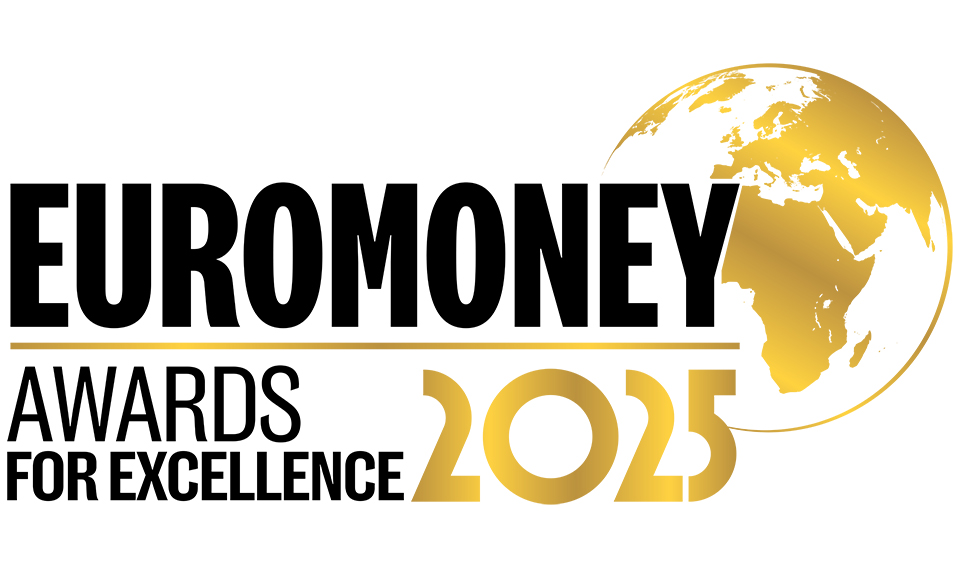UBS’s takeover of Credit Suisse in 2023 may have been orchestrated by the Swiss government, but the amalgamation is paying off handsomely: it has added more depth and breadth to the UBS business, giving it access to markets it had previously exited and bolstered its footprint in others.
Nowhere is that more evident than in Asia. Although UBS has historically been a strong investment bank in the region, its takeover of CS has been accretive and complementary in many ways.
For example, although UBS has traditionally held its own in the Philippines and Thailand, following the CS acquisition, the bank re-entered India and expanded the team across the region, including across all six markets in southeast Asia.
In Korea, meanwhile, the integration has been a success, propelling UBS to the top of the investment banking revenue league table for the country in 2024 from fourth place in 2023, shows Dealogic.
“The diversity of our business is well reflected in our footprint, while the quality of our business has definitely been enhanced thanks to the Credit Suisse integration across multiple touch points,” says Gaetano Bassolino, co-head of Asia Pacific global banking at UBS. “In 2023, clients were interested in how the acquisition could change our approach, for example around execution and origination, but are now seeing the results come to fruition.”
Even before the CS merger and after the Covid-19 crisis, UBS had been pivoting its business around two main pillars: region and products. On the former, it set its sights on bolstering its southeast Asia operation through strategic hires, and on the latter, it started investing more into its advisory business.
As a result, UBS remained at the top of the Asia ex-Japan M&A revenue league table with $145 million earned and a 9.8% market share in 2024. In southeast Asia, it was top by M&A advisory volumes, according to Dealogic.
Although UBS has historically been a strong investment bank in the region, its takeover of CS has been accretive and complementary in many ways
M&A deals in southeast Asia include being a financial adviser to Cemex on the sale of its Philippines arm ($740 million) and advising Eu Yan Sang International on a stake sale by Righteous Crane Holding ($508 million). Large, announced deals include a $5.3 billion takeover of Malaysia Airport Holdings and being a financial adviser to Gulf Energy Development for its $17.2 billion amalgamation with Intouch Holding.
UBS was also an H-share exclusive financial adviser to Guotai Junan Securities on its $31.2 billion merger with Haitong Securities, and advised Wanda Commercial Management Group on its $8.3 billion stake sale.
The bank’s equity capital markets business was well balanced and diverse as well. It ran a $1.6 billion convertible bond (CB) for Anta Sports and a $2 billion CB for JD.com, was a bookrunner on Hyundai Marine Solution’s $540 million Korea IPO and placed $290 million worth of shares in Thailand’s CPN Reit. The fact UBS has a strong on-the-ground presence in most of the Asia Pacific markets, as well as solid banking, research and equity sales teams, gives it an undeniable edge over peers.
On bonds, UBS led deals for major banks like UOB and OCBC, for corporates like Alibaba Group and Korea National Oil Corp, and for sovereigns such as the Hong Kong government, the China ministry of finance and the Philippine government.
“All of this shows how we have accelerated our growth strategy across the region,” says Bassolino. “With UBS and Credit Suisse coming together, we have organically enhanced our business and used that to capitalise, invest and reinforce our presence in every market in Asia. We can offer more to clients, and we have the conviction and desire to be the strongest international investment bank in every location in which we operate.”
If UBS stays the course, that desire will likely be well within reach.


